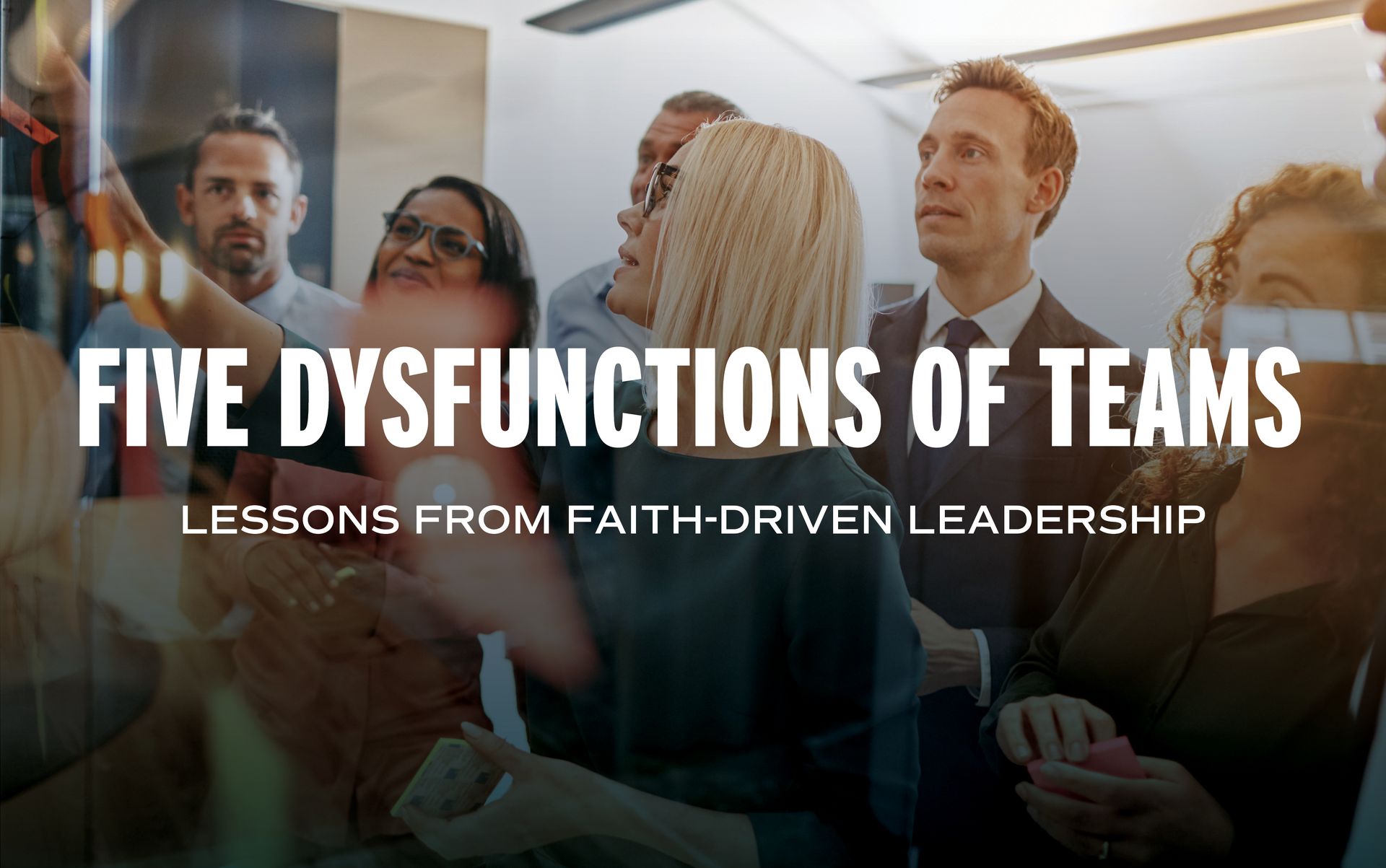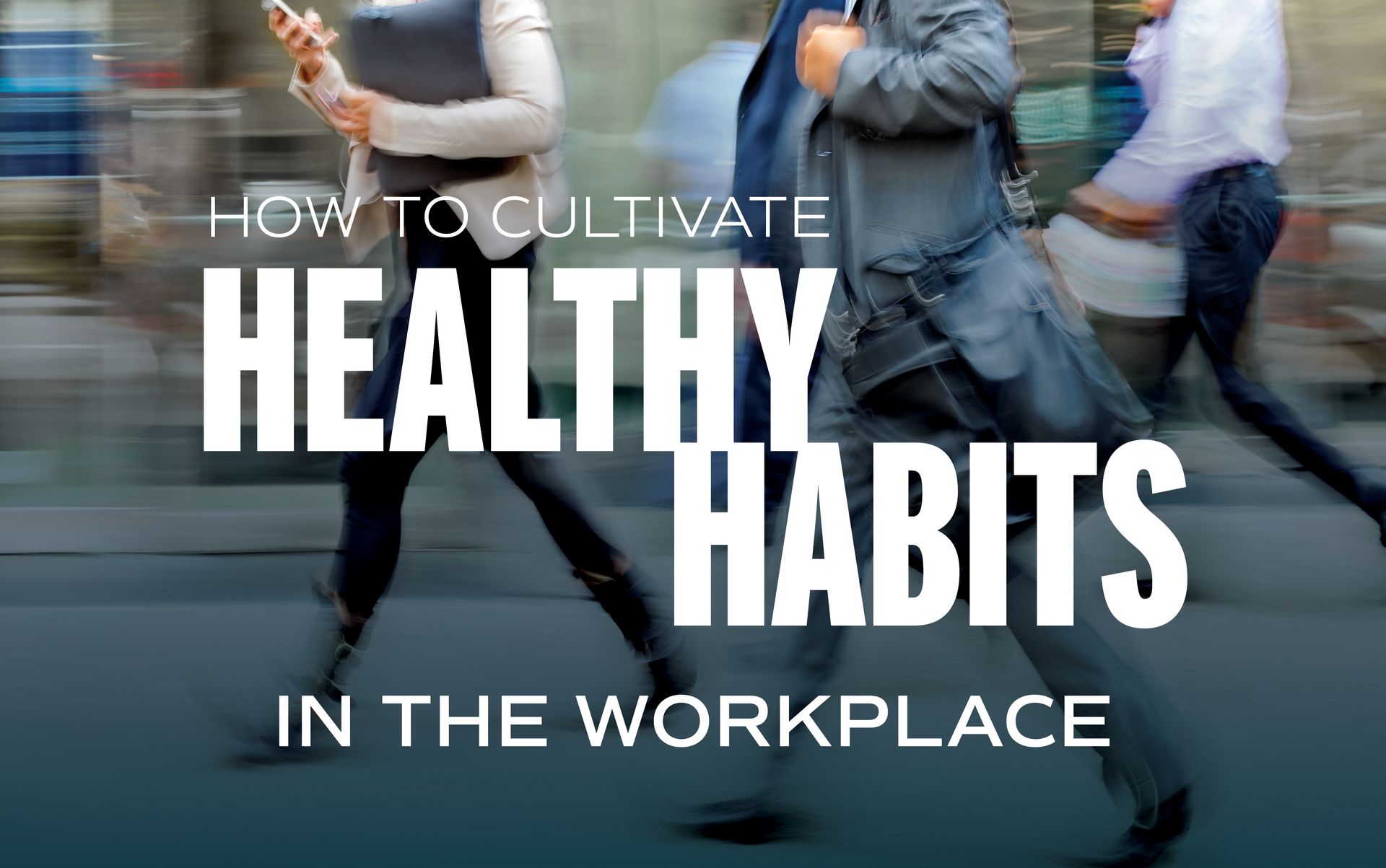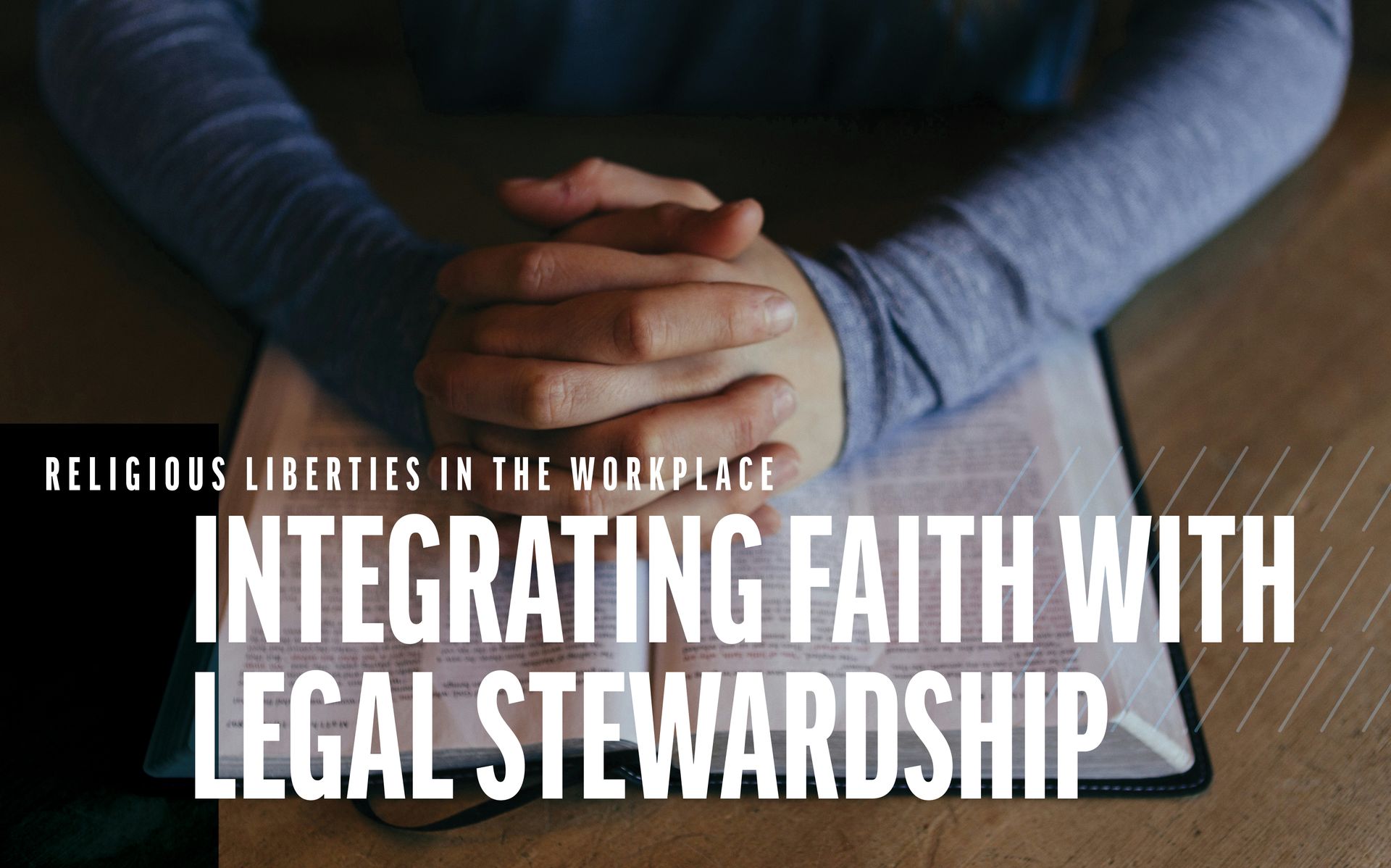Hope for the Hurting.

Everyone yearns for peace, joy, and contentment. Jesus told His followers to “keep [His] commandments” and “abide in [His] love” so that our “joy may be full,” until the day comes that we get to experience the fullness of God’s joy in His Kingdom. Yet many of us do not feel this promised joy. In fact, one in five American adults struggles with maintaining mental health. Regardless of whether one is diagnosed with a mental health condition, we all suffer from feelings that fall short of joy, like sadness, frustration, disappointment, and discouragement, to name a few. Christians have the greatest hope in the world, but even so, we are not exempt from feeling downcast, heavy-laden, and hopeless.
Just as we care about our employees’ professional success, physical well-being, and spiritual journeys, loving our neighbors and shepherding our flock include caring for their emotional and mental health. We can approach employee care holistically, not only because it improves productivity and performance but also because it is the way of Jesus to “bear one another’s burdens.” The prevalent political and social divisiveness, the COVID-19 pandemic, school disruptions, and ongoing general uncertainty have only exacerbated the distress that has been growing for years. But these realities present a great opportunity for Business as a Ministry (BaaM) leaders to alleviate stigmas, improve unhealthy patterns, and nourish the hearts and minds of others back to the peace, hope, and joy of the gospel. While needs and issues may stem from biological, psychological, spiritual, or trauma-derived factors, the mission of God6 compels us to champion the Father’s agenda for people. Our workplaces can be havens where people feel safe to raise their hand and admit they need help without it being a sign of weakness or incompetence.
The mental health crisis is a pandemic that existed prior to COVID-19 and has worsened since. One in four people worldwide will experience clinical mental health issues. And the US Centers for Disease Control and Prevention (CDC) reported that 41.5% of US adults exhibited symptoms of anxiety or depression in early 2021. The effects are frightening. Former Surgeon General Vivek Murthy reports loneliness and weak social connections have the same lethal effect as smoking 15 cigarettes a day, and the negative impacts exceed those associated with obesity. The number of suicide ideations reportedly doubled post-COVID, and deaths from suicide and “deaths of despair” spiked.
What is the economic impact of the mental health crisis on businesses? A leading cause of absenteeism in the US is depression. And even for distressed employees who show up, engagement and productivity decrease. Anxiety and depression can sap energy, limit creativity, impair reasoning and decision-making, and divide teams—all with snowballing economic effects.
As leaders, we can seem like the enemy. We risk hypocrisy if we expect our employees to care for customers and the community if we are not modeling that expectation by caring about our team members' well-being. Many organizations battle priority overload, putting their employees’ mental health and performance at risk. We can support mental health by committing to healthy workloads and clear prioritization, addressing the organizational environment factors within our scope of responsibility.




Your peers can help you build a great business for a greater purpose.








